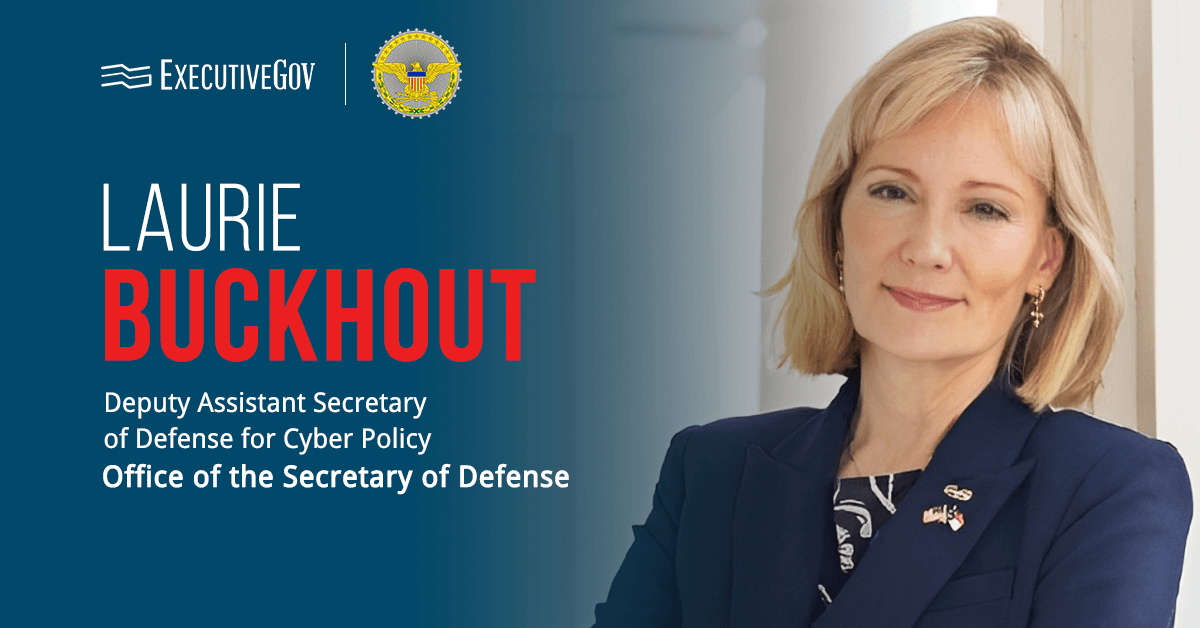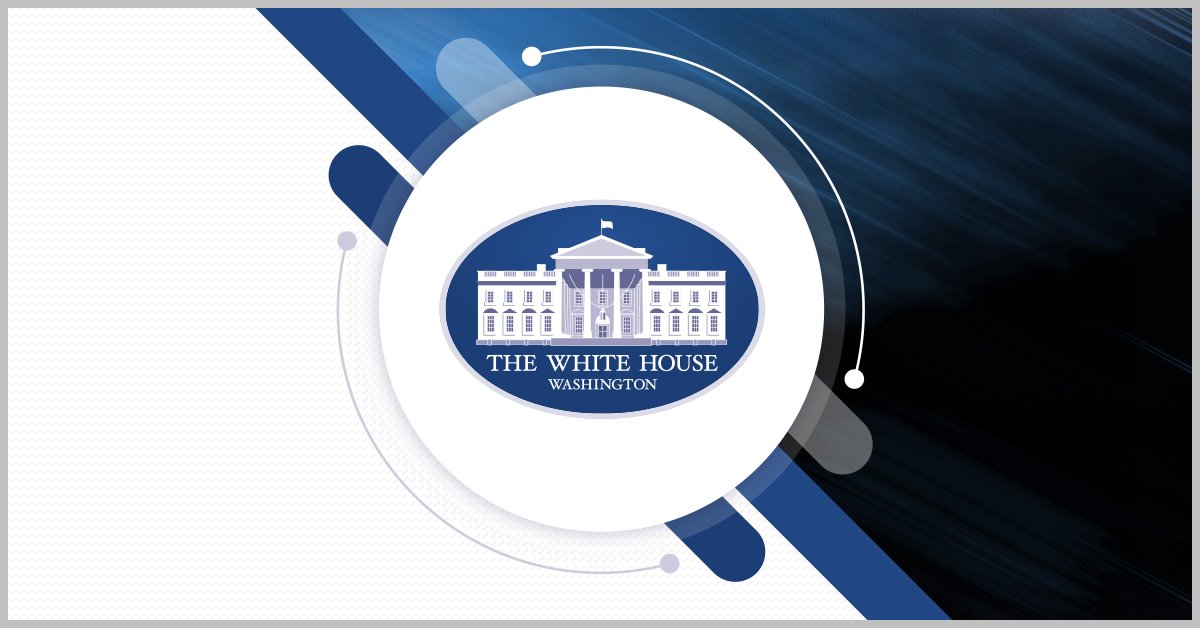President Donald Trump has nominated Joseph Jewell, an aerospace engineer, to serve as an assistant secretary at the Department of Defense.
Congress received and referred Jewell’s nomination to the Senate Armed Services Committee on Monday.
If confirmed, he would succeed April Joy Ericcson, who served as assistant secretary of defense for science and technology during the Biden administration.
Joseph Jewell’s Career Background
Jewell is the John Bogdanoff associate professor of aeronautics and astronautics at Purdue University. He also serves as the director of the university’s HYPULSE wind tunnel facility, which supports hypersonic research and testing activities.
Prior to Purdue, the Caltech graduate served as a researcher focused on hypersonics technology at the Air Force Research Laboratory.
The former Rhodes Scholar has a doctorate in aeronautics from the California Institute of Technology.












